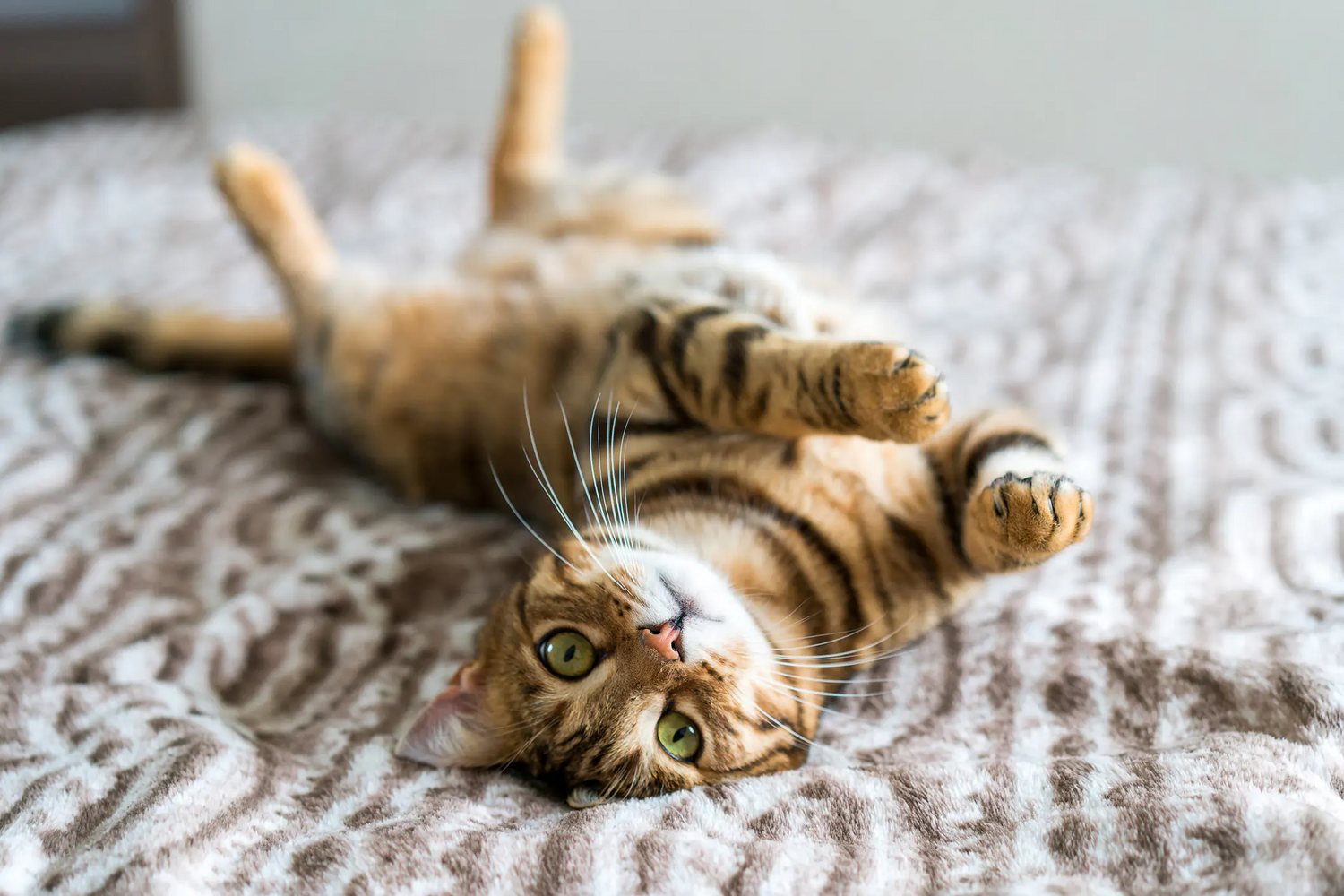More than 80% Report Clinical Improvement
from IBD with AnimalBiome's Gut Restore Supplement*
By “seeding” your cat or dog’s gut microbiome with a healthy and balanced community of bacteria, our FMT capsules can help restore gut microbiome health and stop symptoms at their source.
SHOP NOWHow Do Antibiotics Affect Your Pet's Gut?

How Do Antibiotics Affect Your Pet's Gut?
How Do Antibiotics Affect Your Pet's Gut?
The Gut Microbiome
The gut microbiome is a complex ecosystem of bacteria and other microorganisms that live in the intestines of animals. Even though they’re tiny, the microbes that live in your pet’s gut microbiome play a crucial role in digestion, immune system function, and your pet’s overall health.
What Do Antibiotics Do?
What Do Antibiotics Do?
Antibiotics kill bacteria. Your veterinarian likely prescribed an antibiotic to help treat or prevent an infection caused by a harmful bacteria. Unfortunately, antibiotics cannot differentiate between the “bad” bacteria that can cause infection and the “good” bacteria that support your pet’s health, so they wipe out both.
Common antibiotics include: amoxicillin, cephalexin, doxycycline, clindamycin, gentamicin, enrofloxacin, and penicillin.
Common conditions antibiotics are used for include: urinary tract infections (UTIs), ear infections, respiratory infections, skin infections, and eye infections.











